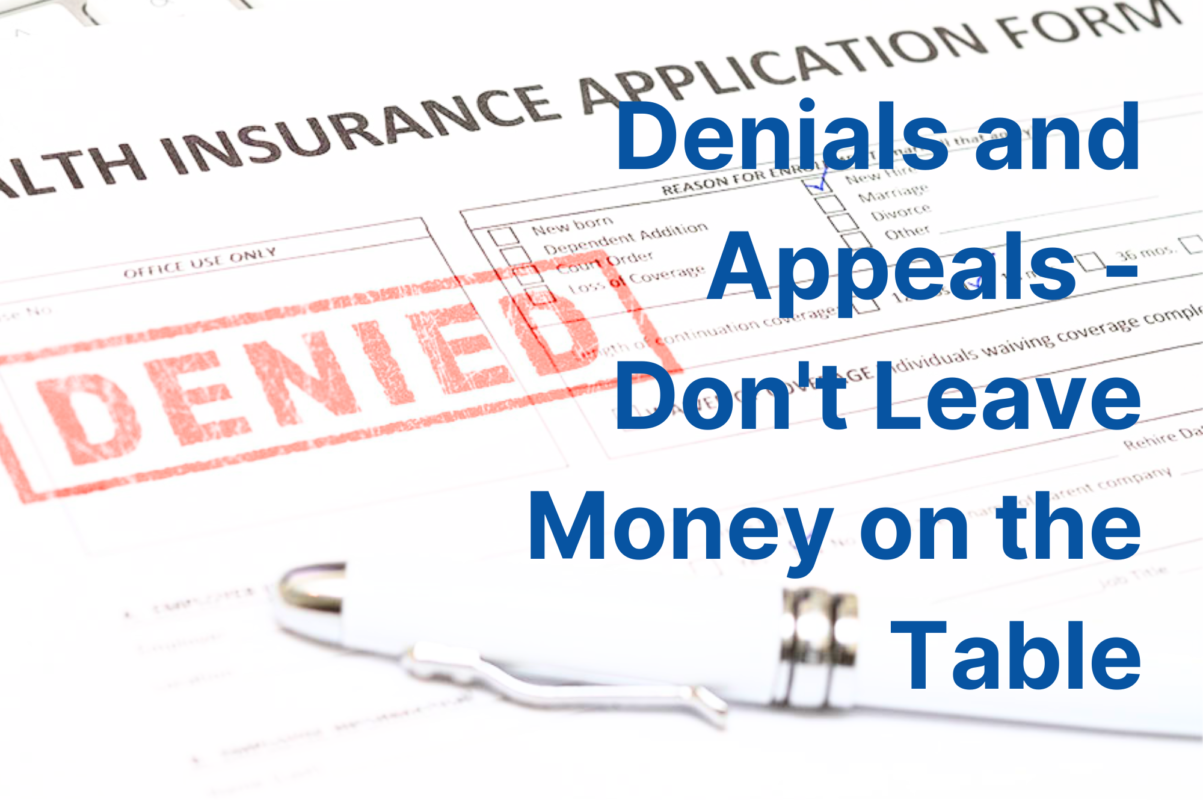If your health insurance claim is denied by your provider, you may be feeling a combination of surprise, anxiety, and frustration. In the blink of an eye, you may be confronted with the prospect of paying a large medical bill directly out of pocket. In this moment of unease, it is important to remember that you have options and legal rights. Do not take the insurance provider’s claim denial as the final word on the matter. People who do so are, in many instances, leaving money on the table.
Challenge the Health Insurance Claim Denial
In most cases, you have the option to formally challenge a health insurance claim denial both “internally” and “externally.” An “internal” challenge involves engaging directly with your health insurance provider. An “external” challenge typically entails filing a lawsuit. Pursuing legal action is generally reserved for a scenario where an appeal is denied.
Pursuant to federal law, health insurance companies are obligated to provide an appeal process to policyholders when denying an insurance claim. In addition, there are other legal requirements associated with a claim denial you should be aware of. For example, a health insurance company is required to provide notice of the claim denial – in writing – and provide an explanation as to the basis for why they denied your claim. If you sought prior authorization for a procedure or specific treatment, your health insurance company must provide notice of coverage denial within 15 days of your authorization claim being submitted for review. If, on the other hand, you have already received treatment or underwent a procedure, the health insurance company must provide notice of the claim denial within 30 days.
Why Health Insurance Companies Deny Claims
Health insurance companies deny claim coverage for an array of reasons. In some instances, the denial of a health claim is legitimate and reasonable. Unfortunately, in other instances, the grounds for denial are shaky at best and baseless at worst. If your health insurance claim was denied, it may make sense to sit down with a knowledgeable health insurance claim denial lawyer to review your denied claim and see what pathways are available to get your claim covered.
Figure Out If You are Required to File an Appeal with the Insurance Company
If your claim is denied, it is important not to rush to pursue legal action. You need to first assess whether an internal appeal is legally required. For example, health insurance policies governed by the federal Employee Retirement Income Security Act of 1974 (ERISA) obligate policyholders to file an internal appeal. Basically, this means you are prohibited from immediately filing a lawsuit in the event a health insurance claim is denied. If, on the other hand, you have a non-ERISA health insurance policy, you have the option to either file an internal appeal or take legal action.
Filing an Internal Appeal to Challenge an Insurance Claim Denial
In most situations, a health insurance policyholder is afforded up to 180 days (i.e., six months) to file a formal appeal contesting the denial of an insurance claim. The 180-day clock begins to run when you receive the claim denial notice from the health insurance company.
When it comes to filing an appeal, you have the option to either complete the appeal form, or forms, provided by your health insurance company or you can write your own appeal letter. Please be advised that your appeal letter must contain the following information:
- Your full name;
- The claim number; and
- Your health insurance ID number
In addition to this baseline of information, you should consider adding relevant information pertaining to why you disagree with the claim denial. It may also make sense to include supporting documentation to further enhance your argument in favor of having the claim processed and covered by the insurance company.
Appeal Review Timeline
Once filed, your health insurance company must review and adjudicate your appeal within a specific period of time. For example, if your authorization request was denied and you have yet to receive medical treatment, the insurance company is legally required to adjudicate your appeal within 30 days. If you already received treatment, the insurance company is required to adjudicate your appeal within 60 days.
If your health insurance company denies your appeal, please bear in mind that they are required to provide you with a written explanation and guidance on how to pursue an external review. You may be able to seek an external review by a state health agency and/or an external review from the Department of Health and Human Services.
Have Questions? Contact Rivet Health Law Today for Answers
If your health insurance claim – or subsequent appeal – was denied, do not raise the white flag of defeat. Take action by contacting Rivet Health Law and schedule an in-depth consultation with a knowledgeable health insurance claim denial lawyer.

